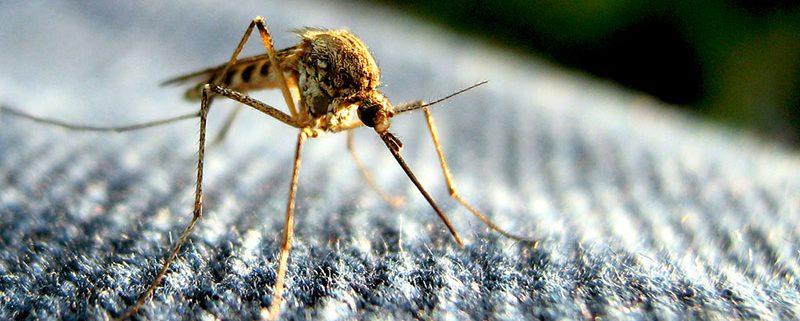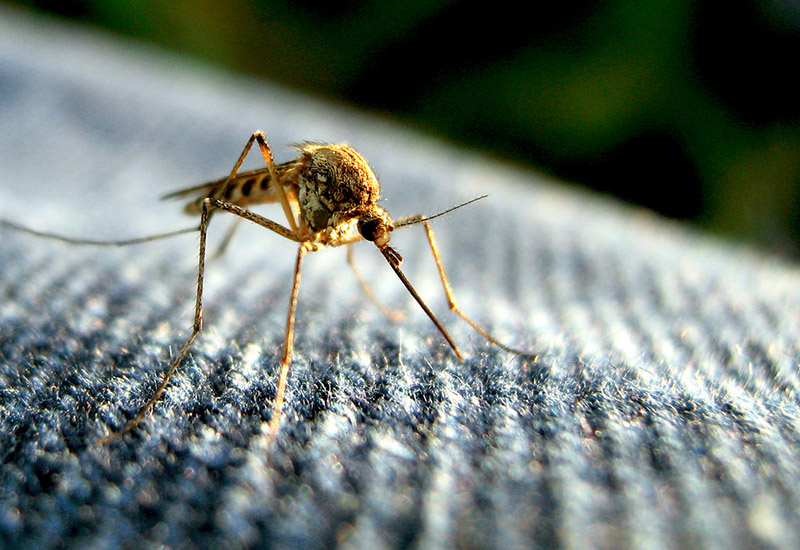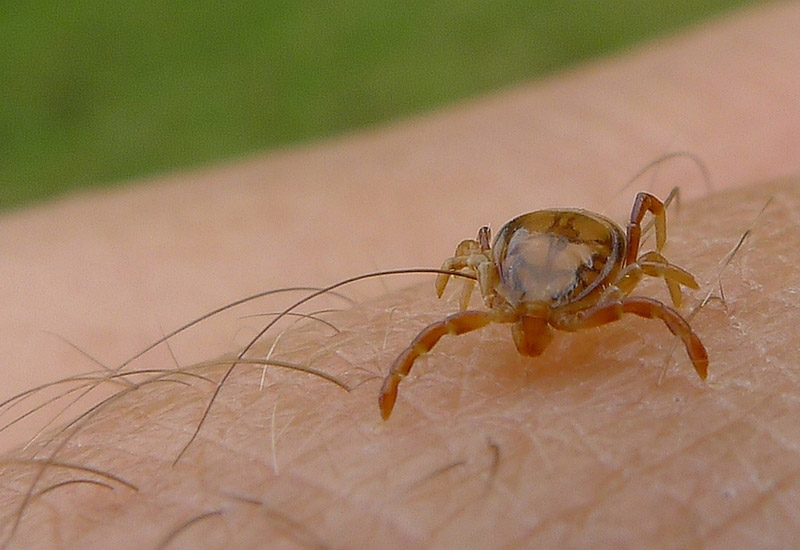Tips for Tick and Mosquito Season in Cary
Cary, NC – Cary has lots of natural beauty but that also means we have to share it with wildlife that doesn’t always have our best interests in mind. So as the weather brings in more ticks and mosquitos, here are some ways to stay healthy during the Summer.
Why Now?
The beginning of Summer is when you start to see an increase in these parasitic species. The warm weather is conducive to breeding and hatching, bringing out more and more of these bugs. But coupling that with the rain and humidity we get this time of year really accelerates this, since both ticks and mosquitos prefer laying eggs in wet, almost muddy conditions.
The height of tick season is April to June, with a spike in May. For mosquitos, it ramps up in May and then dies down near the end of July.
Mosquito Protection
While ticks get a more visceral reaction from most people, it is actually mosquitos that are the bigger problem in the Triangle area.
For starters, try to avoid marshes, swamps, creeks and locations such as this. Mosquitos prefer these wet areas and that is where you are most likely to get bitten. If you are visiting a river or pond, do not stand around the edges since these are where mosquitos congregate. Also, if you are going to be outdoors, mosquitos typically come out the most at dusk and dawn so be wary of those times.
If you are going to be outside, wear long sleeves and pants to protect your skin from mosquitos. And mosquito repellant is always a good idea but check for the concentration of DEET to make sure it is effective and safe.
Mosquitos lay eggs in standing water so make sure you are cleaning out bird baths, covering up pools and tipping over any cups or trash cans or anything else that is collecting pools of rain water.
Tick Prevention
Ticks are not going to be as common of a problem for us in Cary but they can still pack a punch, carrying diseases just like mosquitos can.
Ticks live in tall grass, clusters of leaves and other kinds of plant debris. If you are going on a trail or greenway, try not to get off the path or else you risk getting a tick on you. One of the advantages of tick prevention is they cannot fly, only climb. So your legs will often been their point of entry. Wear long pants and socks and apply any bug repellant to your legs. But if you have been walking under a lot of trees and suspect ticks, check your scalp as well.
If you have a tick, use tweezers to pull it out. That is the only effective method. A tick needs to be biting you for several hours to transfer disease so if it has been on you for a while without you noticing, save the tick in a small plastic bag to show a doctor.
Symptoms of tick-borne diseases can be a circular rash from lyme disease, muscle soreness from Rocky Mountain Spotted Fever or fevers and chills from ehrlichiosis and anaplasmosis. Regardless, if you feel ill, go to the doctor and tell them if you think you have been near ticks.
After any long walk in the wilderness, check yourself or have a friend or family member help check you for tick bites. Ticks are small but not naked to the eye. And if you had a pet with you, don’t forget to check them too.
Information courtesy of the North Carolina Department of Environment and Natural Resources and the Town of Cary’s Parks, Recreation and Cultural Resources Deparment. Photos by Tom and John Tann.






Thanks for the tips on mosquitoes. I have been struggling with the mosquitoes at our home for a while, and I want to handle the problem. Thanks for mentioning that you should clear out standing water like bird baths so they can’t breed. I will be sure to do that.